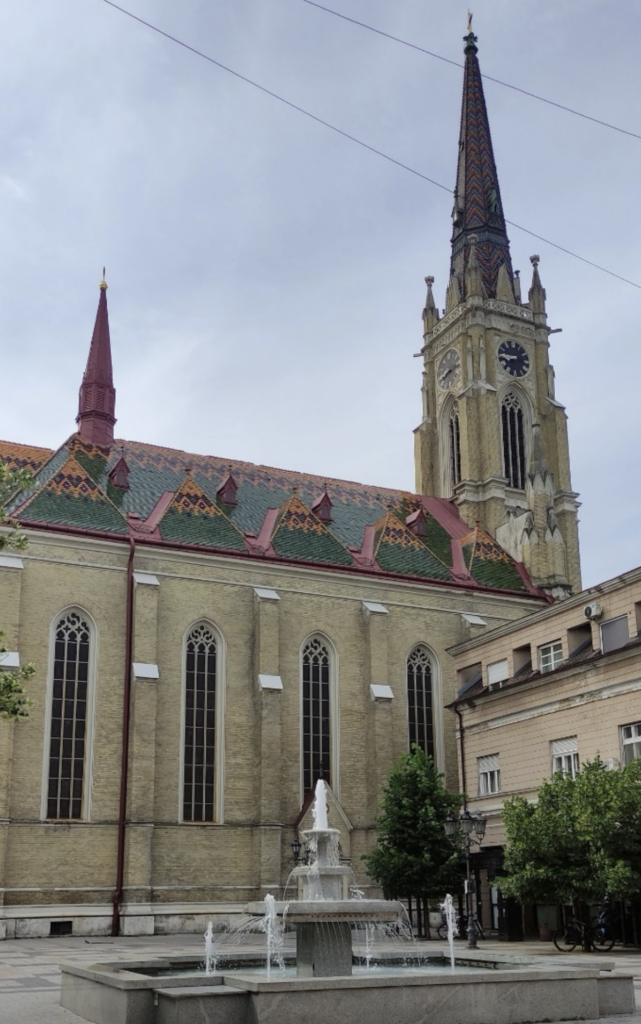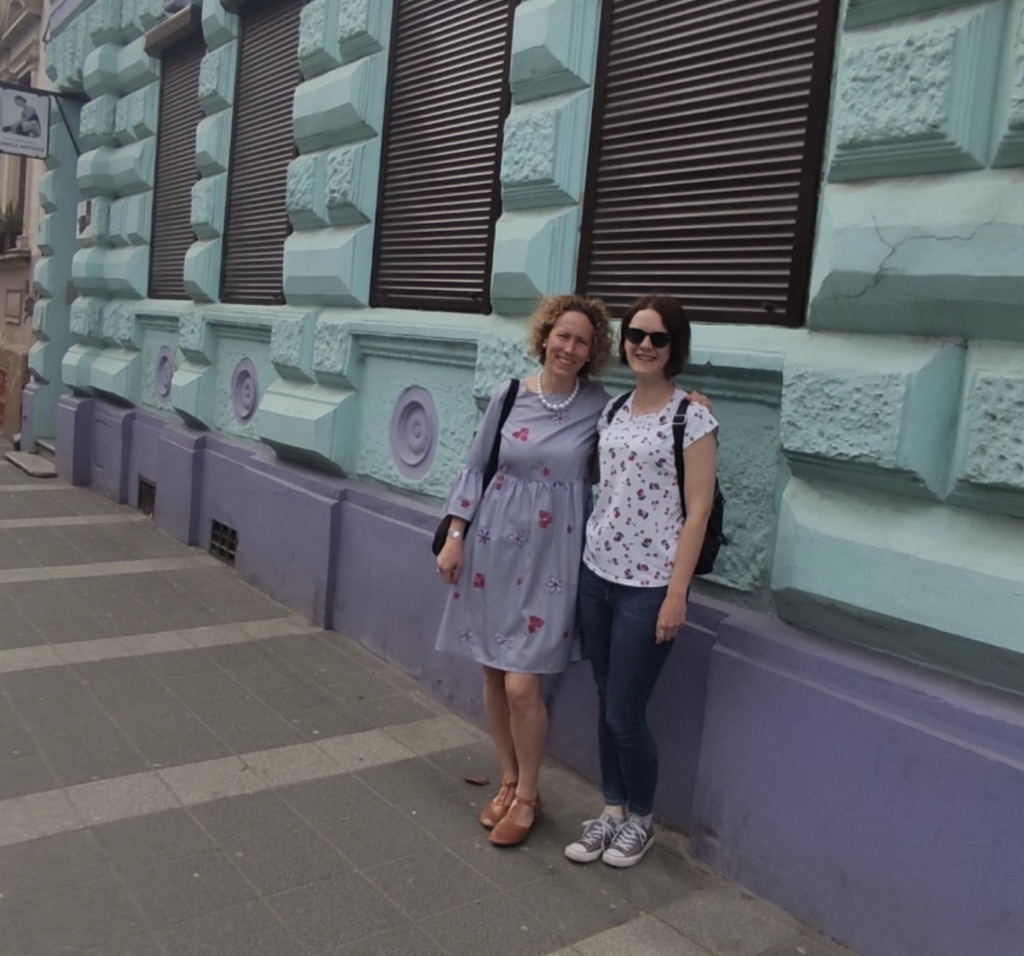By Fiona Bakas (Lusófona University and IGOT, University of Lisbon, Portugal)
This May, MARGISTAR’s Fiona Bakas attended a MARGISTAR Short-Term Scientific Mission in Novi Sad, Serbia, hosted by Tamara Jovanović at Novi Sad University. The mission focused on quantitative methodologies for destination personality research in marginalised mountainous areas and fostering international collaboration. The experience included valuable training, cultural immersion, and networking, leading to discussions on joint research projects. Read on to find out how this mission enriched Fiona’s professional competences and set a foundation for future sustainable creative practices in Europe’s mountainous regions.
From 19-23 May 2024, I embarked on an enriching journey to Novi Sad, Serbia, where I participated in a MARGISTAR COST Action Short-Term Scientific Mission (STSM). This event, hosted by the esteemed Tamara Jovanović at Novi Sad University, was not only pivotal for its academic significance, as I received training in quantitative methodologies relating to destination personality that can be applied to research in marginalised mountainous areas, but also for its role in fostering international collaboration within the MARGISTAR network. My affiliation with Lusofona University and the University of Lisbon, Portugal, and my continuous engagement with innovative research initiatives positioned me to benefit from and contribute to this mission deeply.
A First Look at My STSM in Novi Sad
The theme of the STSM revolved around receiving quantitative method training and researching the potential application of creative tourism in marginalised mountainous areas across Serbia, Portugal, Croatia, and Bulgaria. The goal was to develop new research methodologies and collaborative frameworks that could be applied across these diverse regions. I also trained Tamara Jovanovic on the theoretical and practical elements of researching creative tourism in marginalised extra-metropolitan areas.
My STSM Experience in Novi Sad, Serbia
My motivation for attending this mission was driven by a strong interest in mastering quantitative methods and co-developing creative tourism research tools that can be implemented in marginalised mountainous areas. My expectations of the STSM were exceeded, particularly by the guided tour of Novi Sad with Igor Ponjiger (also a MARGISTAR member), which included cultural elements such as a traditional burek breakfast and visits to historical sites. These informal networking and knowledge-exchange moments helped to form stronger and more meaningful bonds among the MARGISTAR members involved.

Key takeaways, Networking and Collaboration
The STSM provided an excellent platform for networking. Working closely with Tamara Jovanović and other members of the MARGISTAR network established a foundation for future collaborative projects. Discussions about potential joint research initiatives and interinstitutional agreements to facilitate professor and student mobility were particularly promising. We also progressed the common research paper/book chapter that we are working on in a group of members from four MARGISTAR countries.

The insights and methodologies developed during this mission are likely to influence future projects within MARGISTAR and the broader academic field of tourism research. I foresee this mission fostering a series of collaborative research efforts aimed at promoting sustainable and culturally integrated tourism practices in marginalised mountainous areas.
Reflecting on my time in Novi Sad, the experience was profoundly impactful as it enriched my professional journey and broadened my research horizons. The combination of expert training, cultural immersion, and collaborative opportunities made this mission a cornerstone event in my academic career. I am immensely grateful for the hospitality and insights provided by Tamara Jovanović and Novi Sad University, as well as the support from MARGISTAR. I look forward to seeing how our collective efforts will shape the future of creative tourism in Europe’s mountainous regions.


